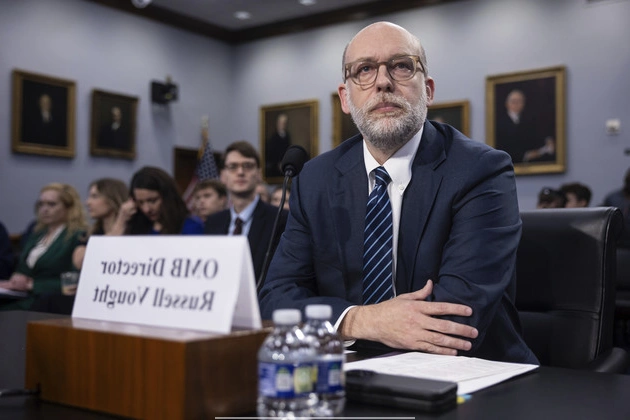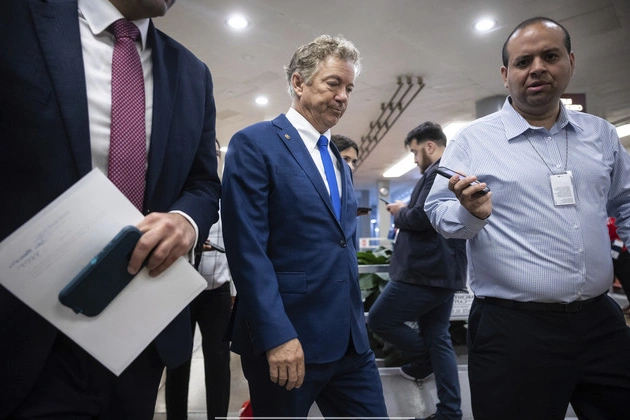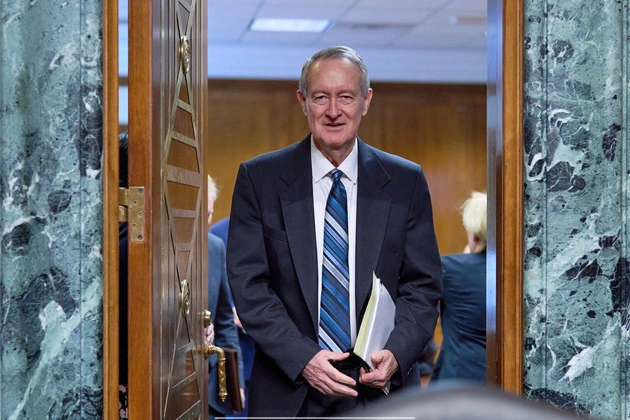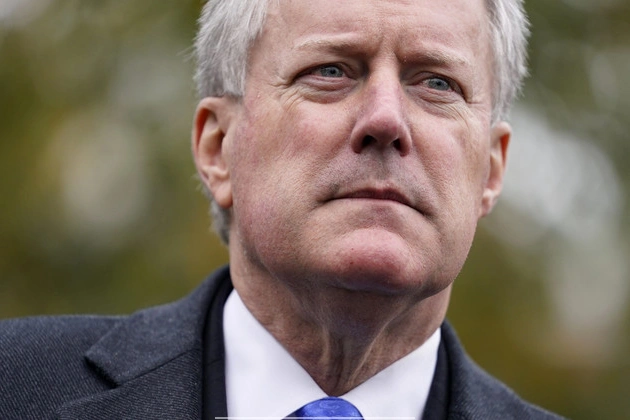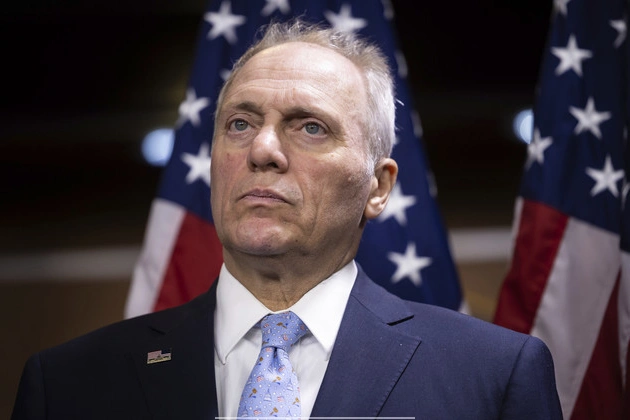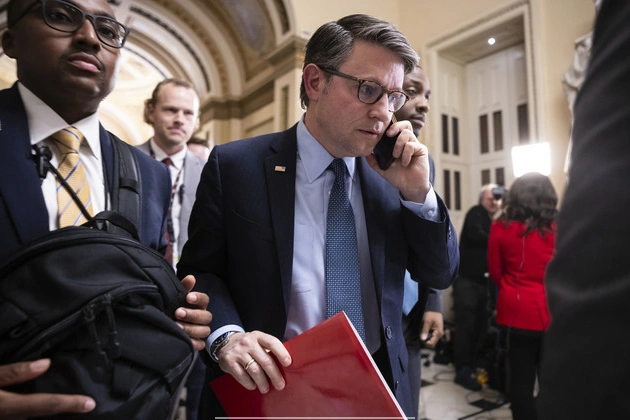
House Republican leaders made a significant decision on Wednesday night by canceling a vote on the Senate’s budget resolution. Speaker Mike Johnson acknowledged the inevitable failure of the measure due to opposition from many Republicans.
This outcome delivers a harsh blow to House GOP leaders and President Donald Trump, who have been actively lobbying for votes to support the fiscal blueprint. It is crucial for both the House and Senate to adopt identical budget resolutions to pave the way for committees to initiate the drafting and passing of a partisan package encompassing tax cuts, military spending, energy policy, and border security investments.
The Role of Fiscal Hawks
The evening’s events saw House hard-liners collaborating with Senate Republicans to propose more profound spending cuts. Despite last-minute discussions and efforts by fiscal hawks, the Senate’s fiscal blueprint fell short of the deep spending cuts advocated by the House.
Rep. Kevin Hern expressed dissatisfaction with the Senate’s approach, emphasizing the need for more substantial deficit control measures. The lack of trust in the Senate’s strategy resulted in the failure to secure sufficient votes for the budget resolution.
President Trump’s Influence
President Trump actively engaged in a whip operation, utilizing social media to sway House Republicans towards supporting the Senate budget. However, his efforts did not yield the desired results, leading to the withdrawal of the budget vote.
With lawmakers set to return to their districts for a recess, the prospects of progress on fiscal policies remain uncertain. House leadership is considering amending the Senate-adopted budget or entering into conference discussions to reconcile differences.
Proposed Solutions
Rep. LLoyd Smucker proposed an amendment linking tax cuts to spending cuts as a potential solution. Exploring this avenue may require revisiting the legislative process, but efforts are underway to expedite the proceedings.
The decision-making process post-cancellation reflects the challenges faced in aligning the priorities of House and Senate Republicans towards a cohesive fiscal strategy.






